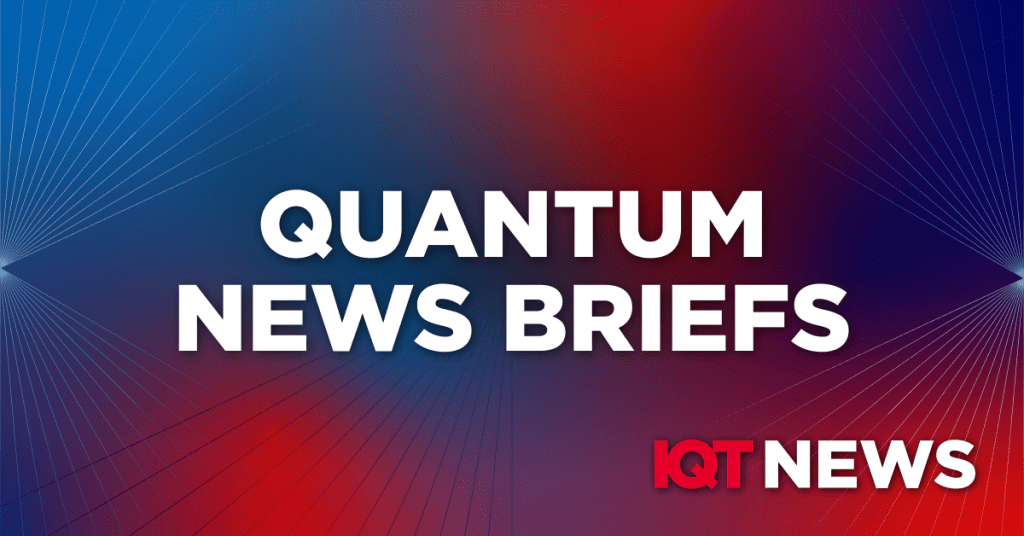Quantum News Briefs: May 18, 2024: press release summaries below:
AWS and Harvard University team up on underground quantum network in Boston, Massachusetts
Amazon Web Services (AWS) and Harvard University have announced a novel project involving creating an underground quantum network in Boston, Massachusetts. An AWS blog post detailed the collaboration that has resulted in a multi-node quantum network capable of distributing, storing, and processing quantum information. Central to this network are quantum repeaters, which correct losses and errors as information travels, utilizing quantum memories to store and transfer encoded photons. The team successfully established a 35km link to communicate and store quantum information for over a second, leveraging atomic defects in diamonds known as Silicon Vacancy Centers. This advancement demonstrates critical steps towards practical quantum networks, including quantum frequency conversion and long-lived nuclear memories. However, challenges such as the need for ultra-low temperatures and high-purity diamonds remain before achieving commercial viability.
Europe’s Race towards Quantum-HPC Integration and Quantum Advantage
The ISC 2024 panel, “Quantum Advantage — Where are We and What is Needed?” featured esteemed experts discussing the current state and future of quantum computing. Panelists included Thomas Lippert from Jülich Supercomputing Centre, Laura Schulz from Leibniz Supercomputing Centre, Stefano Mensa from STFC Hartree Centre, and Sabrina Maniscalco from Algorithmiq Ltd, moderated by IBM’s Heike Riel. They explored topics like quantum-HPC integration, the necessity for benchmarks, and the potential of hybrid quantum-HPC applications. A key highlight was Europe’s concerted effort to integrate quantum computing into HPC centers, emphasizing the development of a unified software stack for seamless user experience across various quantum modalities. Despite the rapid advancements, the consensus was that achieving practical quantum advantage remains a few years away. The discussion concluded with optimistic forecasts for significant progress in error correction, machine learning, and chemistry applications within the next five years.
In Other News: McKinsey & Company article: “Quantum technologies’ investment slump”
According to a new McKinsey & Company article, private and corporate funding for quantum technology start-ups dropped by 27 percent over the past year, declining to $1.71 billion from the 2022 peak of $2.35 billion, despite a surge in public investment. The shift is partly attributed to increased investor interest in generative AI technologies, as senior partner Rodney Zemmel and colleagues explained. While private investments have waned, the long-term potential of quantum technologies across various sectors continues to be assessed. According to PitchBook data, investments in quantum start-ups had seen significant growth in recent years, peaking in 2021 and 2022 before the recent decline in 2023.
